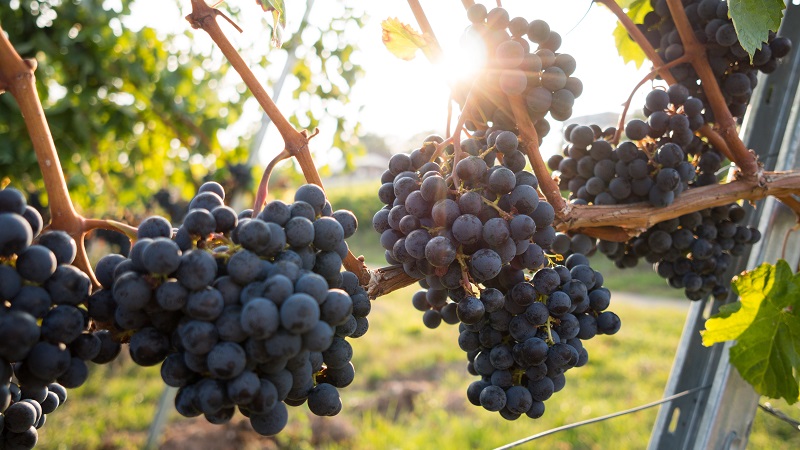Risks To Global Food Security High Due To Climate Change
The USDA has released Climate Change, Global Food Security and the U.S. Food System at the 2015 Paris Climate Conference.
This report identifies the risks climate change poses to global food security and the challenges facing farmers and consumers in adapting to changing climate conditions. The findings of the report say risks to food security increase as the magnitude and rate of climate change increase. Higher emissions and concentrations of greenhouse gases are much more likely to have damaging effects than lower emissions and concentrations.
The author team reviewed a range of scenarios and under scenarios with continued increases in greenhouse gas emissions, the number of people at risk of undernourishment would increase by as much as 175 million above today’s level by 2080. Scenarios with lower population growth and more robust economic growth coupled with lower greenhouse gas emissions resulted in large reductions in the number of food insecure people compared to today. Even in these scenarios, higher greenhouse gas emissions resulted in more food insecurity than lower emissions.
Agriculture Secretary Tom Vilsack released a statement to explain the motivation for this report. The highlights include:
“As world leaders gather in Paris this week to negotiate a new global climate agreement, it is important to recognize the contributions of farmers, ranchers, and foresters in the U.S. toward achieving a more food secure world while adapting to climate change, increasing carbon sequestration, and reducing greenhouse gas emissions.
“Over the course of my tenure, U.S. producers have faced a record drought, which the University of California estimates has cost farmers in California alone an estimated $3 billion in 2015. We’ve seen increasing incursions of invasive pests and diseases and extreme weather, everything from bark beetle to severe droughts, which have cost billions in lost productivity. We’ve faced a series of record wildfire seasons in the western U.S. — the worst decade in U.S. history for wildfire. The growing El Nino weather pattern in the Pacific has created the perfect storm for disasters to strike the already damaged and weakened western landscape.
“Never before has agriculture faced challenges of this magnitude. We’ve all seen the statistics: Nine billion people by 2050. Feeding these new citizens will require at least a 60% increase in agricultural productivity. We must do all of this in the face of climate change that is threatening the productivity and profitability of our farms, ranches, and forests.
“We don’t face these challenges in a vacuum. These same conditions have dire effects across the world, especially for poor, rural smallholder farmers in developing nations. Drought in the western U.S. and drought in Central America threaten farmers and livelihoods, disrupt communities, and strain food systems. Increasing climate threats, whether it is drought, high temperatures, increases in pests, or wildfire, are separate symptoms of the same problem.
In order to address climate change, we have to get ahead of it, and I’m convinced that no one innovates in the face of challenge better than agriculture. This will not be an easy task, but I am confident that working together and building on a legacy of partnership, efficiency, and innovation, the Alliance members and other interested parties will continue to strive to achieve the three important goals of climate-smart agriculture: achieving food security, sustainably increasing agricultural productivity, and reducing greenhouse gas emissions, where possible.”










